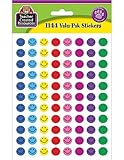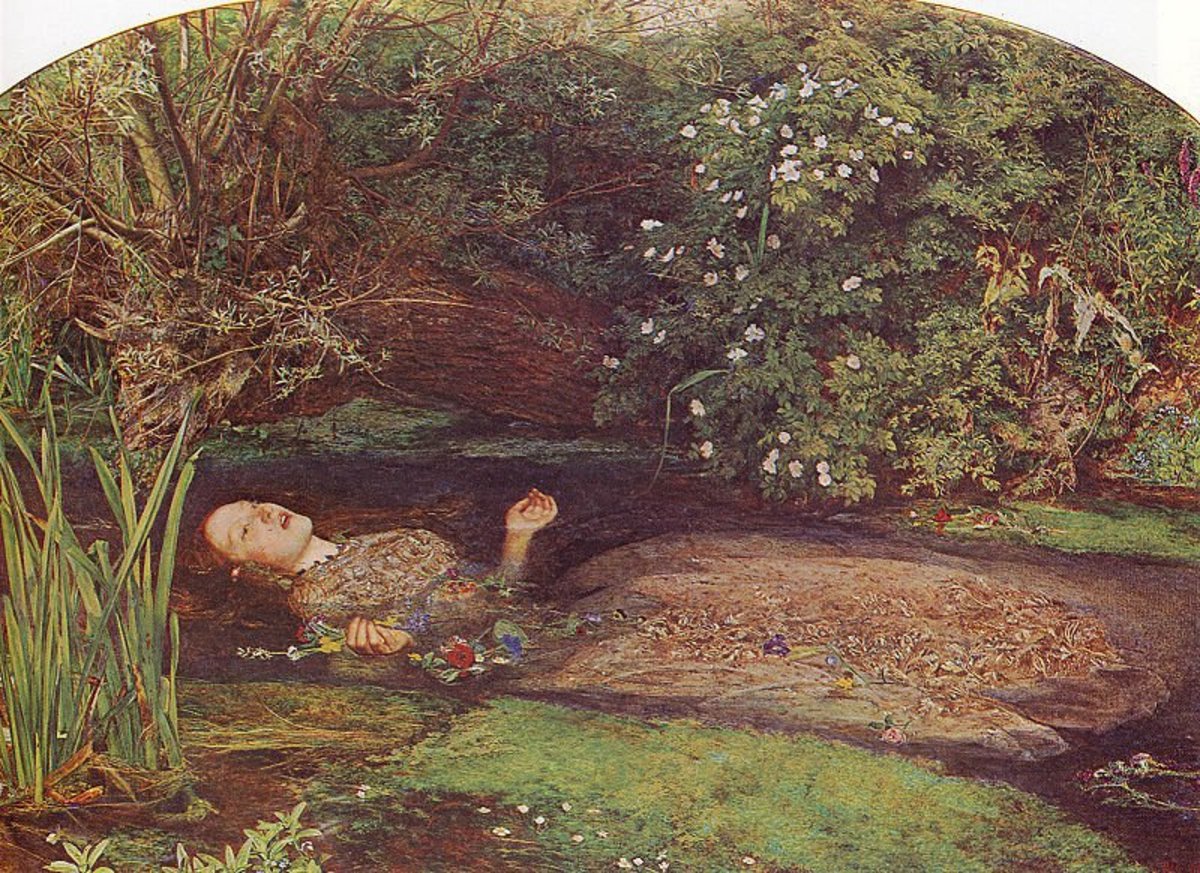How to Get Kids to Practice the Piano
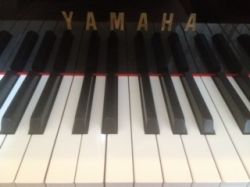
Having trouble with children not practicing the piano?
You're a parent with a child who is learning the piano. You know that they're not going to improve without consistent and regular practice. The problem is that your child can't be bothered to practice and would rather play on his Xbox, watch the television or do something he considers more interesting.
This is a problem which every parent will inevitably face in the end if their child is learning to play any instrument, not just the piano. As a piano teacher, it's an issue I face on a regular basis, and I've found a few strategies to help fix this problem.
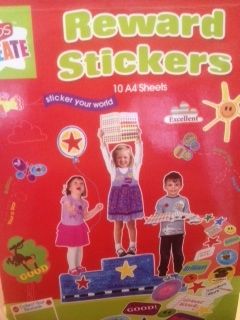
1. Rewards
This is probably the best thing to try out first before you start trying to think about other things to do.
Don't think of rewards as "bribing" your child; think of it as encouraging them. If they're very young e.g between 5 and 10 years old, they're not likely to have developed the discipline of being able to practice themselves for a period of time each day.
Make (or buy) a chart with each day of the week written on it and then a space to put stickers or stars. Discuss with your child and your child's teacher how much he/she should be practicing, and put a sticker next to each day that he/she does the required amount of practice.
At the end of the week and if the chart has been filled, your child gets a reward. This can be either money, something he/she wants in particular or anything else you decide.
Another approach is to "punish" your child for not practicing e.g. "Practice the piano or you're not going out to play."
I know several parents who have this approach, but in my opinion, it's not the best of ideas (only if you have very naughty children!). Associating the piano with punishments could just make things worse.
Rewards, on the other hand, are positive and encourage your child to practice rather than forcing them to do it.
Stickers and Reward Charts
You can buy stickers very cheap from Amazon, but the reward charts may have to be made by yourself if you want them customised to your child's practice routine.
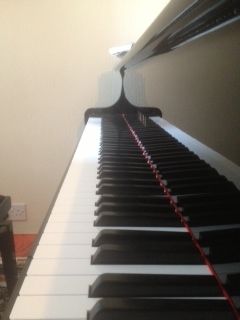
2. Communication is Important
You may find that your child isn't practice because of problems he/she is having. It may be problems directly related to the piano e.g. he/she doesn't like the teacher, doesn't understand it.
Another thing which can put children off practicing the piano is if they're told by someone else that it's stupid to play the piano. A couple of the children I teach piano have told me in the past that they have been bullied at school because they're learning the piano. For children likely to get upset by this, it may be a big issue to them.
If your child doesn't like his/her teacher, try to find out why. Sometimes, a child just doesn't get along with the teacher, in which case, it might be best to find a new teacher if possible. If the teacher is too strict, too serious or too patronising, talk to the teacher and tell him/her that your child doesn't feel comfortable during the lessons. Children may not like their teachers for various reasons, so it's important to find out from your child if this is the case, as it's impossible to list all the possibilities.
If your child doesn't understand what he/she is supposed to be doing, it may be a fault on the teacher's part or on your child's part. If your child doesn't listen during lessons or says he/she understands it completely when asked by the teacher, the teacher can't be blamed for that.
However, if the teacher isn't explaining certain concepts properly or is making your child move on too quickly, the fault lies with the teacher. Again, this is something that may be different for different children, so try to get the story from your own child.
If 1-2 weeks go by and your child isn't practicing properly (or not practicing at all), a good teacher will recognise this. However, some teachers are just happy to be taking parents' money without seeing good results from their children, so don't assume the teacher will come and approach you concerning practice. Ask the teacher things such as how much your child should be practicing, and ask if the teacher will write it down each week so you can read it after lessons (notebooks/practice diaries are ideal for this).
Note: If the teacher doesn't seem to care much whether your child practices or not, you should consider whether you are taking your child to the right teacher.
Overall, communication with your child is very important. If your child is generally lazy, it's probably the case that he/she can't be bothered having the discipline to practice every day; however, if it's unlike your child to not want to practice, make sure you let him/her know that you're there to speak to whenever is needed. In other words, don't make your child feel apprehensive about coming to talk to you about problems they may be having.

3. Boredom is kicking in
Once the novelty of learning a new instrument has worn off, your child is very likely to become bored with it.
Don't let your child give up after 6 months because it's starting to become a bit of hard work. There are ways to tackle this problem of boredom to get your child through the weeks when he/she feels like it's not interesting anymore.
First of all, ask them what's becoming boring to them. If the teacher recognises they're losing motivation, he/she may ask your child this question too. It might be the case that they're becoming very bored with the book they're working through. Usually, especially for beginners, teachers will use a teacher book and work through it from one page to the next.
However, sometimes you need to change things a bit and give the child a break from opening the same old book and going from number 18 to 19 to 20 in a particular order.
If you're not very clued up about piano music and the different levels of music, ask the teacher which "fun" books around your child's level are available. Some books are very interesting and contain loads of songs that your child will know e.g. nursery rhymes, national anthems.
Breaking away from the teacher books once in a while and spending 2-4 weeks on other things could revive your child's desire to learn the piano.
Another idea is to get your child learning some duets. Many people find playing duets very enjoyable, so ask your child's teacher for some simple duets that your child can learn to play with the teacher.
Check out the website Piano Playing Advice for lots of information and advice for piano playing!


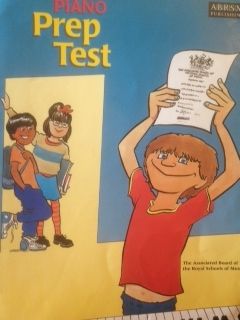
4. Make some short-term goals
It's okay to sit there saying, "Oh, in the next ten years, you'll be able to play the piano like a professional!", but sometimes your child needs short-term goals to work towards.
Once your child has been playing the piano for around 6-9 months, he/she may be ready to take a pre-Grade 1 style exam. The ABRSM has the Prep Test, and other exam boards have similar exams for children who haven't been playing for a long time. This may frighten your child, but if he/she is motivated by the idea of taking an informal exam and getting a certificate at the end, discuss it with his/her teacher.
Another idea which is great for children who have been playing for 2-3 years or more is to enter them into music festivals. They'll have the opportunity to compete against other children around their age and level, and they'll be in with the chance of winning medals, trophies and certificates.
Short-term goals are a good idea for kids who like to feel like they're working towards something rather than simply going from day to day, month to month practicing the piano.



